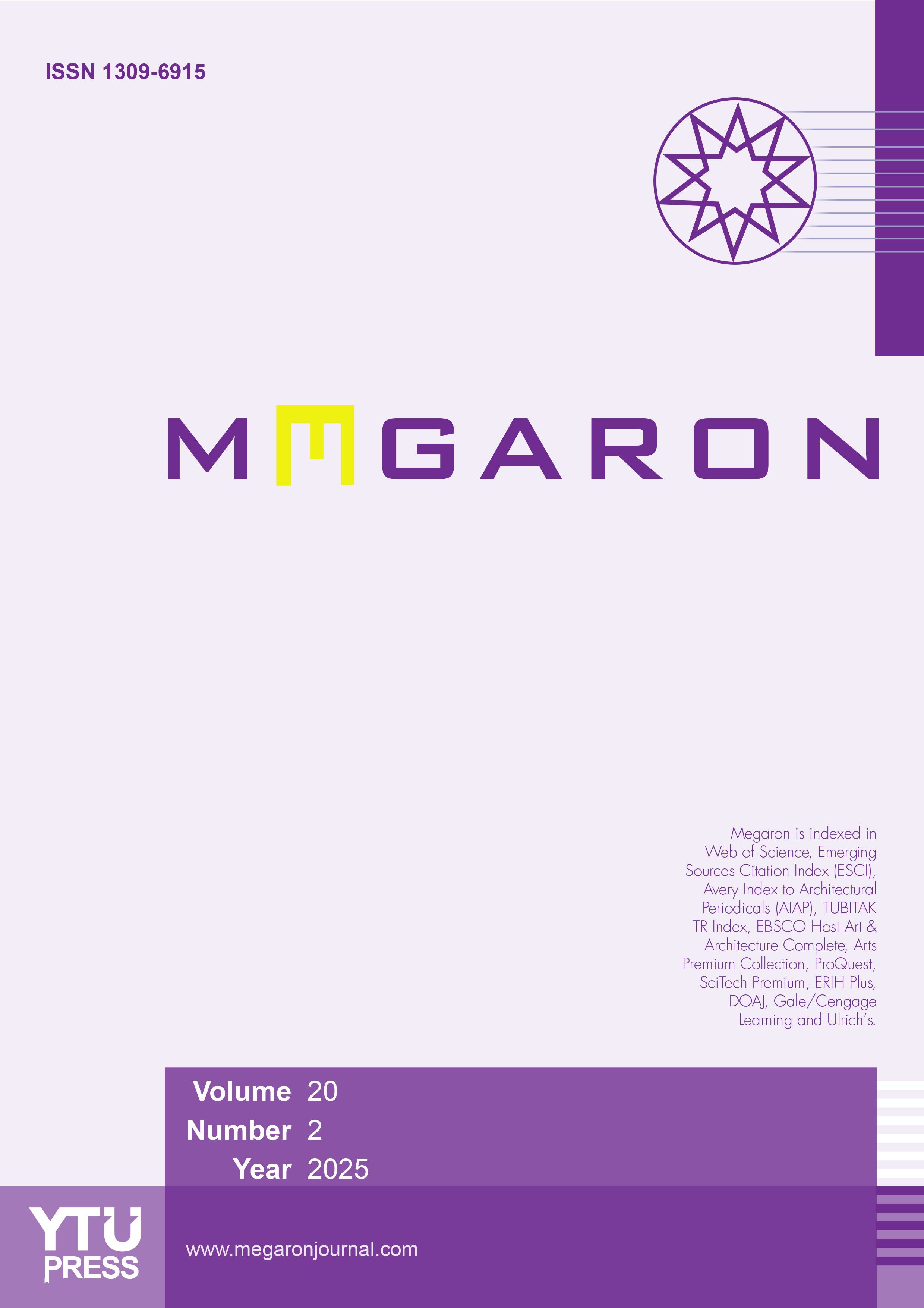Open Design Education: Addressing Accountability in the Age of Computing
Desantila Hysa1, Mine Özkar21Department of Architecture, Epoka University, Tirana, Albania2Department of Architecture, İstanbul Technical University Faculty of Architecture, İstanbul, Turkey
Attitudes complement knowledge and skills but are often overlooked as assessable competencies in higher education. In architectural design curriculum, attitudes are especially relevant in order to ensure the training of responsible designers. As humanistic and environmental approaches are increasingly at the forefront, the studio cultures of the schools seek to cultivate collaborative and participatory skills on individual creativity. The parallel acclaim of computational methods expounds the reasoning processes of design and new opportunities arise for open and liable cultures of design. However, the task of connecting these methods to a broader competency in design is still not fulfilled. This paper provides an interdisciplinary context for accountability as an attitude in design education and a conceptual framework for implementing and assessing it through computational methods. It argues that computation in early-design education, in the form of shape rules and devices of visual computing, is supportive in instilling reflective attitudes by promoting knowledge sharing with accountability among learners.
Keywords: Collaborative design, computational design, ethics, first-year design education; reflective practice.Açık Tasarım Eğitimine Doğru: Hesaplama ve Hesap Verebilme
Desantila Hysa1, Mine Özkar21Epoka Üniversitesi, Mimarlık Ve Mühendislik Fakültesi, Mimarlık, Tirana, Arnavutluk2İstanbul Teknik Üniversitesi, Mimarlık Fakültesi, Mimarlık Bölümü, İstanbul
Yükseköğretimde öğrenim çıktıları olarak bilgi ve becerileri tamamlayan tutumlar, doğrudan değerlendirilemeyen yeterlilikler olarak genellikle geri planda kalır. Mimarlık eğitiminde hümanist, sürdürülebilir ve çevreci yaklaşımlar küresel ve yerel gündemlere uygun olarak artarken okulların stüdyo kültürlerinde benimsenen tutumlar, işbirlikçi ve katılımcı süreçlerden çok bireysel yaratıcı süreçler ön plana çıkabilmektedir. Hesaplamalı tasarım yöntemleri ise tasarımın muhakeme adımlarını açık ederek paylaşımcı tutumları beslerken, açık ve sorumluluk bilinci güden tasarım kültürleri oluşturmak için yeni fırsatlar sunmaktadır. Bu makale, hesap verebilir olmayı bir tutum olarak tasarım eğitiminde uygulamak ve değerlendirmek amacıyla kullanılan hesaplamalı tasarım yöntemlerine disiplinler arası bir literatürle bağlam ve kuramsal bir çerçeve sunmaktadır. Tasarım eğitiminin ilk yılında, süreci dışsallaştıran görsel kuralların kullanımı ile görsel hesaplama uygulamaları, süreci açıkça paylaşan, sorgulayan ve bağlamlarıyla ilişkilendiren tutumları beslemeye yarar.
Anahtar Kelimeler: İşbirlikçi tasarım, hesaplamalı tasarım, etik, mimarlık eğitiminin birinci yılı; yansıtıcı uygulama.Manuscript Language: English








